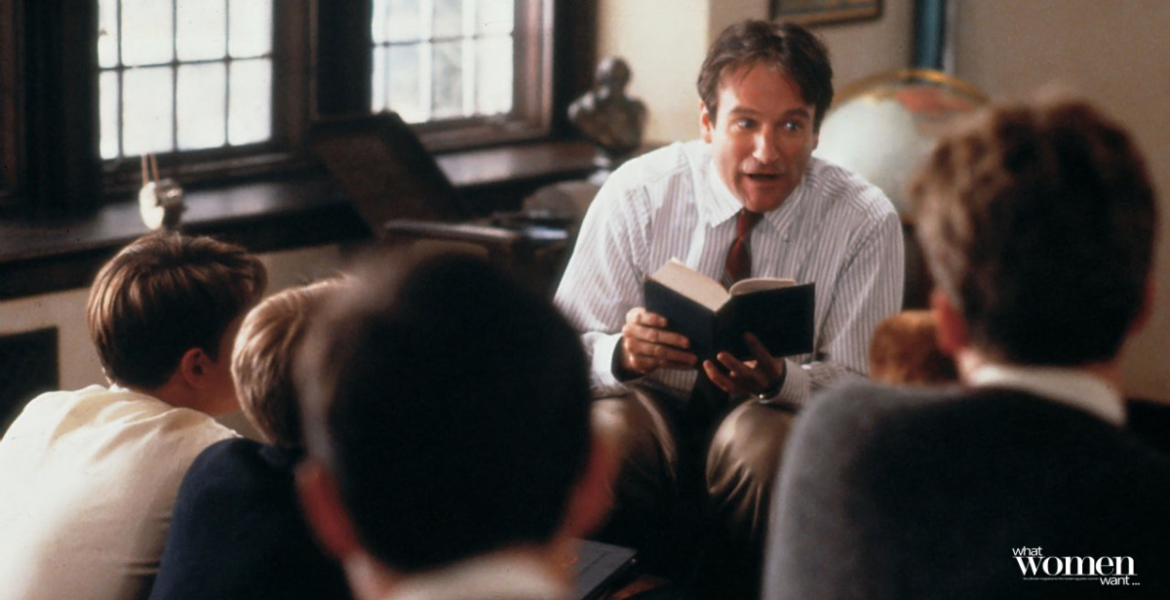Have you ever repeated a lyric because it perfectly encapsulated how you felt? Maybe highlighted a quote in a book because someone finally put your feelings into words? Or got déjà vu from a movie scene because you lived through it too? This moment of emotional recognition is a globally shared experience—and it has a name: Poetry Therapy.
What is it?
Poetry Therapy uses language, symbols, and stories in therapeutic, educational, growth, and community-building capacities. It relies on the use of poems, stories, song lyrics, imagery, and metaphor to facilitate personal growth, healing, and greater self-awareness. It can also include journaling.
Wherever Poetry Therapy is mentioned, Mary Oliver closely follows. Oliver’s poetry is accessible, relatable, and hopeful. It’s perfect for the desired therapeutic effect. Oliver’s poems send a hopeful message. Despite surviving childhood abuse, her work never feels bleak.
For Children
Poetry Therapy is most helpful when it comes to children. Children who have been abused or traumatized may struggle to identify their emotions. Therapists might introduce a poem about anger or fear to help them name what they feel and talk about it. Poetry gives them a safe distance to explore difficult emotions.
For Writers
The act of writing poetry is therapeutic in itself. Like journaling, it helps the writer process and express feelings. In group therapy, writing poetry and discussing it can help patients express themselves. It can give therapists insights to identify and confirm things about the patients.
For Readers
Poetry is mainly for the reader. It helps in recognizing and identifying feelings and understanding them better. Mary Oliver explains this sentiment in her poem Wild Geese, saying:
“Whoever you are, no matter how lonely,
the world offers itself to your imagination,
calls to you like the wild geese, harsh and exciting–
over and over announcing your place
in the family of things.”
This sense of connection is what therapists build on. Some even encourage using poetry to open hard conversations—with parents, partners, or children.
The ironic part is that we experience this regularly without realizing it, so it is not particularly new. Actively using poetry as a tool—especially with a therapist—can reveal more about how you think, feel, and relate to others.

